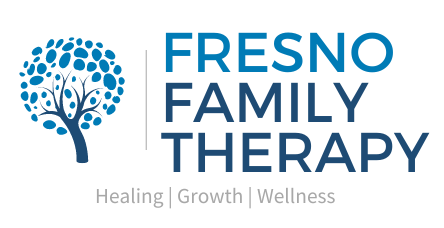In a previous post, I wrote about the meaning of mindfulness and it’s benefits. If you have not read it yet, you can check it out by clicking here. Now that I have shared the benefits of mindfulness, I want to give you some practical tips and action steps you can take to increasing your self-awareness.
Meditation
Research has proven over and over that meditation has benefits. Many of the benefits of meditation overlap with mindfulness because they are heavily correlated. Many of us hear about the benefits of mediation but are unsure of how to practice it. Here are a few online resources that will teach you:
Youtube
Search “meditations” on youtube and you will get hundred of hits on meditation. This is probably the largest resource for free meditative sounds and practices.
Applications
- With this iPhone app I believe you get 10 free sessions where you are guided through short meditations. This is a great resource for beginners
- Another excellent app with thousands of guided meditations for free!
iTunesU
This is an application that Apple created for you to download free educational courses. University of California Los Angeles (UCLA) has an excellent course that they offer from their Mindful Awareness Research Center.
Prayer
I understand that not everyone has a spiritual practice and that is okay. If you would like, please feel free to skip on to the next section, as there are other options for increasing mindfulness.
Many do not look at prayer as a mindfulness practice because in our society there is often a vast disconnection between science and religion. Whatever your spiritual practice is, it can help you with feeling connected to yourself and gaining insight into the here and now.
There’s a prayer in ancient scripture that states, “Be still and know that I am God…” Mindfulness is about being still and simply listening. I’m constantly reminding myself to just “be”.
One of the teachings is that you don’t have to earn, fight or resist the love of God; you just need to simply receive. There’s comfort in knowing that you are loved for who you are and not what you have done or strive to become.
In the same spirit, mindfulness is not about fighting, resisting, or judging your thoughts and feelings. It’s about simply accepting them as they are.
I understand the sole purpose for prayer is not to gain mindfulness. However, if you have a spiritual practice it can significantly increase your self-awareness by putting it into practice.
Therapy
One of the greatest benefits of therapy is the insight you gain into your current or past behaviors, thoughts, and feelings. There is something powerful about being able to have another caring human being to share your story with.
When you talk out your feelings you begin to become mindful of your thoughts and emotions. I love seeing this “aha” moment in clients. When they’re talking out their issue and suddenly they get this moment of insight where everything seems to connect.
Having someone that you can share your feelings with in a judgment free environment is one of the quickest and most effective ways to increase your self-awareness.
If you need help with finding a therapist, click here to read my article, How to Choose a Therapist: A Mini Guide to Finding the Support You Deserve.
I also understand that for some, seeing a therapist is an investment that may exceed your budget. While it is a worthwhile investment, you may not be ready to shell out the additional funds. You can’t fully replace the all the benefits of therapy, but when it comes to mindfulness there are more cost efficient alternatives.
Observe Your Thoughts
Right now ask yourself, “What am I thinking and feeling in this moment?” What you think about all day is directly correlated with how you feel. If you notice that you are having negative thoughts about yourself you can assure that negative emotions will follow.
Thoughts come and go like the clouds in the sky. Observe them and let them pass, but do not allow them to overtake the present moment.
Maybe you are constantly thinking about that project that needs to be done a week from now. Perhaps you’re constantly thinking about that “dumb” comment you made in a conversation that happened earlier in the week. Whatever the thought, if you ruminate on it, it will effect the present moment.
Remember, mindfulness is about recognizing your thoughts and being fully present in the here and now. Here are some tips:
- Take a few deep breaths
- Pause
- Take a break from social media
- Appreciate the current moment
- Free yourself from distractions
- Write down positive reminders
Take a moment, pause, breathe deep, and become aware of the here and now. My hope is that at least one of these exercises and tips find their way into your daily life. Thank you for taking this moment to read this article. Be present, be mindful, be still, be you, simply be.


